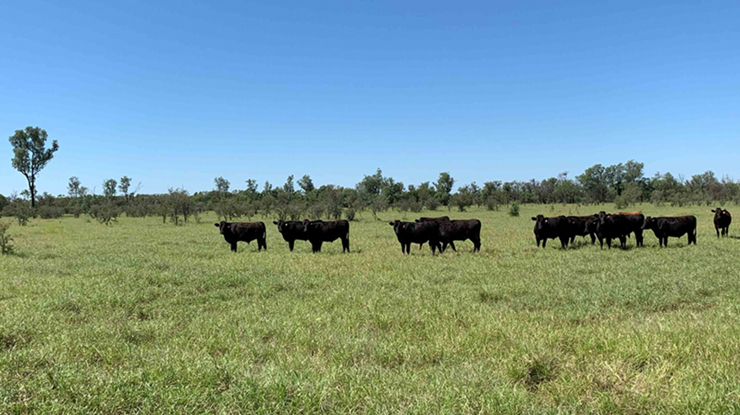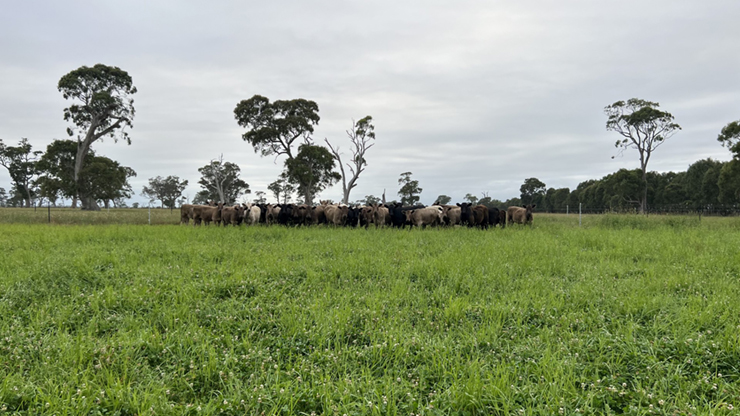It has been revealed this morning that Woodside’s attempt to shortcut the environmental approval process has been knocked back for a critical component of its massive Browse gas proposal, just weeks after it was revealed that the WA EPA has deemed Browse gas “unacceptable” due to multiple serious environmental risks to endangered turtles, blue whales and the pristine Scott Reef.
Freedom of Information have revealed that Woodside’s application to amend an existing application to add offshore carbon dumping (CCS) were rejected by the Department of Climate Change, Energy, the Environment and Water in August 2023 as the new proposal was “fundamentally different”.
The rejection came just one year after Woodside, who is at a Senate Environment and Communications Legislation Committee inquiry this morning, described offshore carbon dumping at Browse as “high risk, high cost” and “unproven” in a 2022 application to the federal regulator.
Risks identified by the Department in rejecting the amendment included the potential impact of carbon dioxide leaking from wells or under the seabed, making nearby waters including Scott Reef more acidic, while proposed seismic blasting, drilling and traffic and light pollution risked harming marine animals including endangered whales.
Browse, Australia’s largest untapped conventional gas field, is located off the coast of the pristine Kimberley region in WA, beneath the extraordinary Scott Reef. Woodside already proposes to drill more than 50 wells around the Scott Reef system and pipe Browse gas more than 900 km along the ocean floor to the North West Shelf / Karratha Gas Plant at the Burrup Hub to be processed for export.
Woodside’s Browse gas proposal would involve the first time offshore carbon dumping has been tried in Australia, and according to the FOI documents, Woodside has advised the Department they would resubmit their application this year, years after commencing the environmental approval process for Browse.
The news comes as Woodside’s application to extend North West Shelf, the oldest, largest gas plant in Australia, is shortly to be decided by the WA government following a two-year appeals process plagued by issues, after the WA EPA previously concluded the proposal posed a threat of “serious or irreversible damage” to UNESCO World Heritage nominated Murujuga rock art.
Jess Beckerling, the Executive Director of the Conservation Council of WA, said:
“Woodside’s attempt to amend its Browse gas proposal to include carbon dumping, which it admitted was “high risk, high cost” and “unproven” just two years ago, has been knocked back by the Department.
“There has never been an offshore carbon dumping project in Australia, but Woodside is proposing to try this failed technology for the first time at the pristine Scott Reef.
“Carbon dumping is fantasy technology that doesn’t work, as we’ve seen with Chevron’s Gorgon facility, and it introduces a raft of new risks to the Browse gas proposal.
“It doesn’t meaningfully reduce emissions and it could have catastrophic impacts on Scott Reef in the event of a leak and will significantly increase drilling, seismic activity, traffic and light pollution in this highly sensitive marine environment.
“The only thing that carbon dumping has achieved is to extend the life of the fossil fuel industry but it can’t save Woodside’s Browse proposal.
“Woodside has tried over and over to make offshore carbon dumping work just like they’ve tried for years to make Browse stack up – they can’t.
“Multiple authorities have now knocked back Woodside’s reckless approach to Browse gas because the risks are too high. The state and federal government need to do the same and put this proposal out of its misery.”








